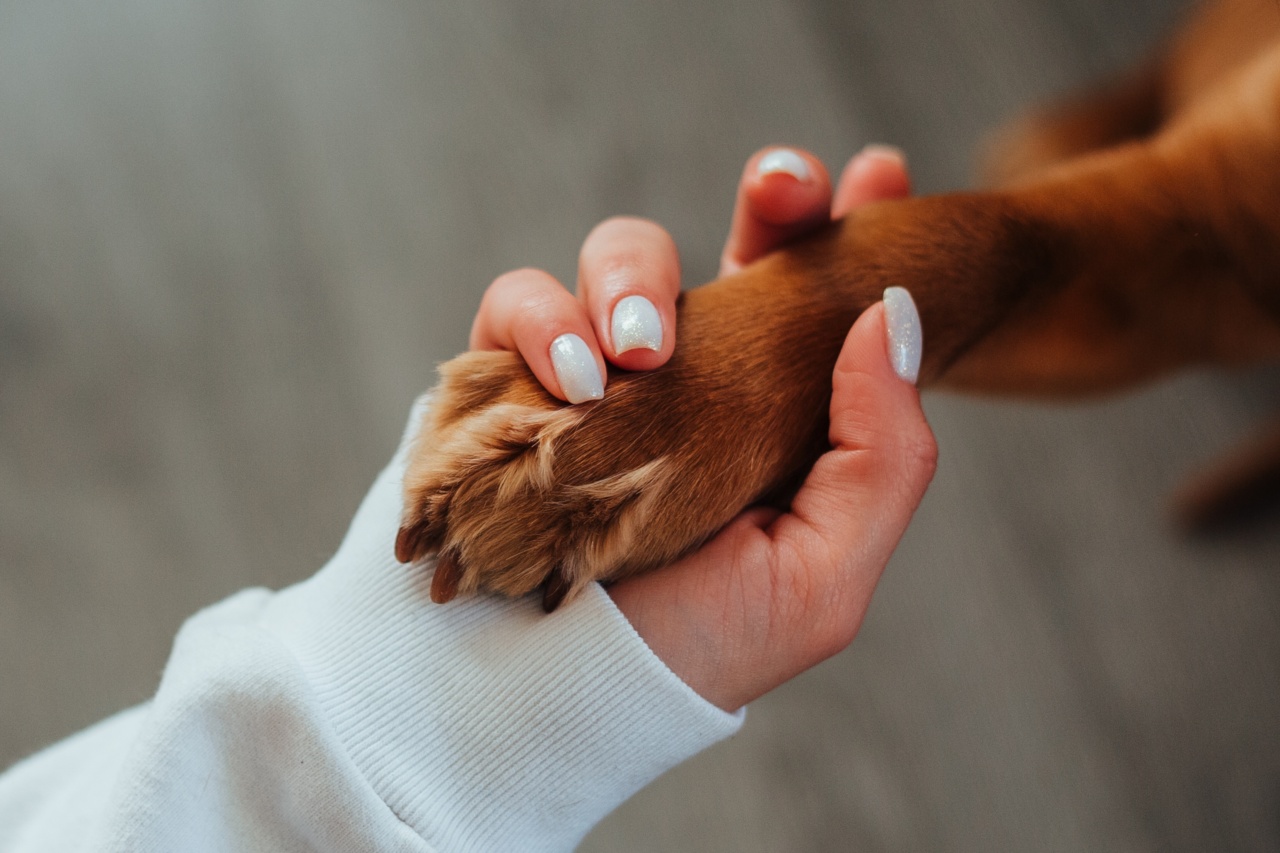Training a dog is a rewarding experience, but it can also be a challenging one. As a dog owner, it’s important to know some common mistakes that can hinder the training process. Here are some common mistakes to avoid in dog training:.
1. Using Punishment Instead of Positive Reinforcement
Using punishment to teach your dog can be detrimental to their behavior. Dogs respond better to positive reinforcement when they are rewarded for good behavior with treats or praise.
Punishing your dog can cause anxiety and aggression, leading to other behavioral problems. Positive reinforcement builds a strong bond between the dog and the owner, helping to create a better relationship.
2. Lack of Consistency
Consistency in training plays a vital role in the learning process. Using different commands or signals for the same behavior can confuse your dog, causing them to disregard your commands altogether.
It’s important to use the same commands and signals consistently throughout the training process. Once your dog has mastered a behavior, they will continue to perform it without confusion.
3. Training at the Wrong Time
Timing is everything when it comes to dog training. Training your dog when they are tired, hungry, or anxious can cause frustration and make training difficult. It’s important to choose a time when your dog is well-rested, fed, and calm.
This will make the training session more productive and enjoyable for both the dog and the owner.
4. Overloading Your Dog with Too Much Information
When training your dog, it’s important to break down behaviors into smaller, more manageable steps. Overloading your dog with too much information can cause confusion and frustration.
Focus on one behavior at a time, and once your dog has mastered it, move on to the next. By breaking down the training process, your dog will be more successful and less overwhelmed.
5. Failing to Socialize Your Dog
Socialization is a critical part of training your dog. Exposing your dog to new people, animals, and environments can help to build their confidence and reduce fear-based aggression.
Socialization should start as early as possible and continue throughout your dog’s life. Failing to socialize your dog can result in behavior problems that can be difficult to change.
6. Neglecting to Exercise Your Dog
Exercise plays a crucial role in a dog’s physical and mental health. Lack of exercise can lead to pent-up energy that can result in destructive behavior.
By providing your dog with plenty of exercise, you can reduce their stress level, promote healthy brain function, and improve their behavior. Make sure to take your dog for walks, play games, and engage in other physical activities on a regular basis.
7. Allowing Your Dog to Misbehave Unchecked
Allowing your dog to misbehave without consequences can result in a misbehaving dog. It’s important to address behavior problems as they arise, rather than ignoring them.
By addressing problems promptly, you can help to modify your dog’s behavior and prevent it from becoming a permanent habit.
8. Inconsistent Earning of Rewards
Dogs learn best when there is an association between their actions and the reward. It’s important to be consistent when rewarding your dog, otherwise, they may lose motivation.
If you reward your dog for their behavior, make sure they receive the same reward every time. This will help to reinforce good behavior and encourage your dog to continue it.
9. Not Understanding Your Dog’s Needs
Dogs have unique needs based on their breed, age, and size. It’s important to have a clear understanding of your dog’s needs so that you can provide them with the proper care and attention.
Dogs that are not comfortable with their living environment, food, or medical care may display behavioral problems. By providing your dog with the right care, you can help to prevent behavioral issues.
10. Giving Up Too Soon
Training a dog takes time, patience, and commitment. Giving up too soon can result in your dog never reaching their full potential. By persevering through the challenges, you can create a stronger bond with your dog and enjoy a better relationship.
Remember to be patient and consistent, and you’ll see positive results in no time.

























